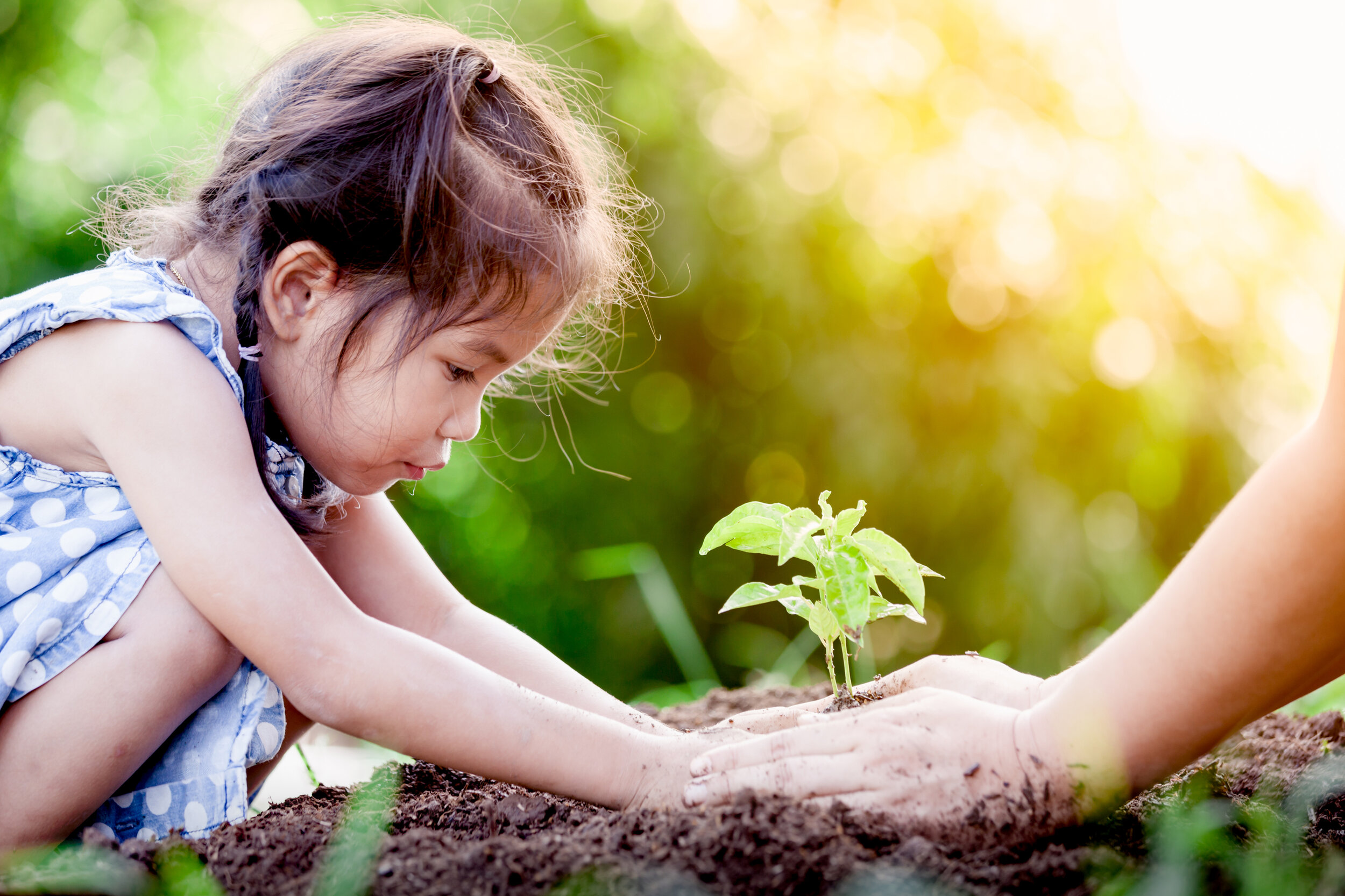
"In the end we will conserve only what we love; we will love only what we understand;
and we will understand only what we are taught."
— Baba Dioum, 1968
Action items
10 ways kids can get activated to help bees
1. Plant flowers: This is a positive and fun-filled task. Early blooming bee-friendly flowers, for late in the school year are phacelia, crocus, and hyacinth. Flowers that will boom at the beginning of the school year are buckwheat, cosmos, and sunflowers. Observe bees on these for a citizen science project! (see #10)
2. Write a skit, or a song, for your school’s talent show, or YouTube: Who doesn’t love a bunch of little kids dressed up as bees and beekeepers!? No one, that’s who! Work with your kids to write a bee-themed skit, or a song. It could be: the day in a life of a bee, the day in a life of a Varroa mite, the friendship between a flower and a bee, or even bee collapse. Find some inspiration from Mrs. Sauchier’s first grade class at Saint Martin’s Episcopal School in Metarie, Louisiana.
3. Organize an art and poetry contest and show: After using the “Bees in N. America” lesson on page 14 of the handbook, or observing bees in your school garden, encourage students to express their feelings and knowledge about bees through art and poetry. Display the work at a local library, a community center, or partner with a local shop for a “First Friday Art Walk”-type of event, and host a show for the community to ooh and ahh at the students’ talents.
4. Buy local honey: Buying local honey to share in class, or bring with you if you are a “fly in” educator, is essential! It supports local beekeepers, encourages kids to do the same, and does an amazing job creating a positive connection between bees and kids. Make up a story about how the flowers’ essence from the whole landscape they can see from the classroom are in that very jar!
5. Eat sustainably and regeneratively grown food: Supporting sustainable and regenerative agriculture is essential in supporting our bees. Encouraging your students to participate in the sustainable farming movement by joining a local Farm to School group, or taking a field trip to the local farmer’s market will help to inspire them to support farmers who support our bees!
6. Keep bees! You can take up beekeeping at your school (see page 6 of the Handbook), or encourage students to keep bees as part of an 4-H, FFA, or Boy or Girl Scouts project.
7. Have a kids’ corner at your booth at the State or County fair: Fairs are an awesome way to interface with thousands of people to spread the work about the importance of bees. The vast majority of people at fairs have kids in tow, and it’s a great place to engage them, too! Simple ideas are honey sticks, local variety honey tasting, beeswax candle rolling, foundation rubbing with beeswax crayons, and an observation hive. But the sky is the limit – think total interactive experience! Make a life size hive for people to walk through, or huge flowers to “pollinate” in a fuzzy bee costume!
8. Start a youth program in your beekeeping club/association: Texas Beekeeper Blake Shook has this down to a science! Become a member of the American Beekeeping Federation, then access his “Conversations with a Beekeeper” webinar “Starting a Youth Program” from June 12, 2014.
9. Participate in “Ag Days”: Regional 4-H clubs and state agricultural departments all over the country host “ag days.” This is an event where students are bused in to their local fairgrounds, or similar venue, to learn all about the agricultural industries in their area. Setting up a booth with an observation hive, honey sticks, and a few quick honey bee facts is always a big hit!
10. Conduct citizen/community science: Community science is a practice where ordinary people collect data, and submit it to scientists. Citizen science is important because it gives kids the opportunity to participate in the natural world around them, it gives them a chance to have some hands-on experience with STEM (science, technology, engineering, and math), it helps them to feel empowered to make positive change, and it helps them to understand that good science is relevant and important. A few great projects are Bumble Bee Watch, The Great Sunflower Project , and Bee Germs.
